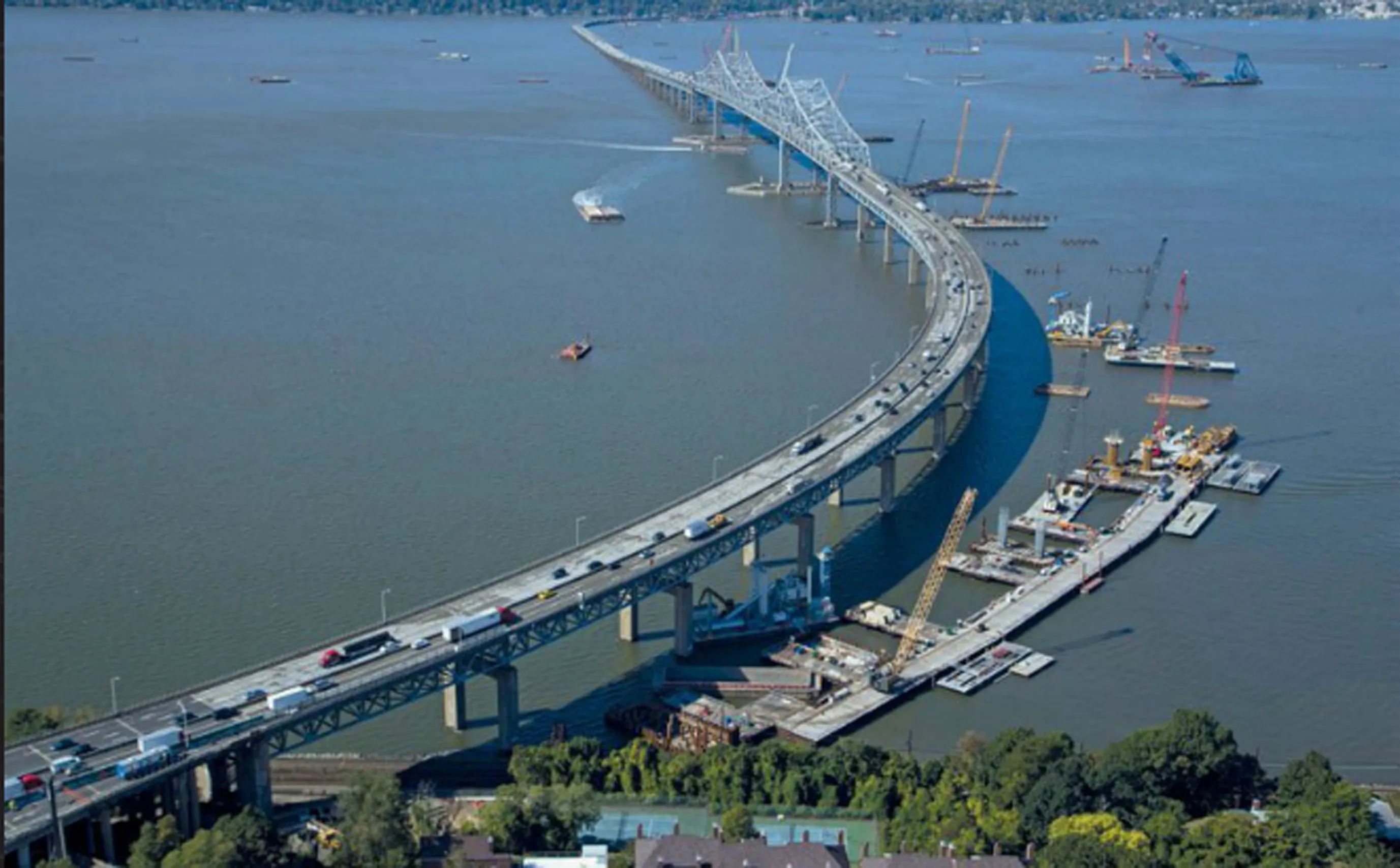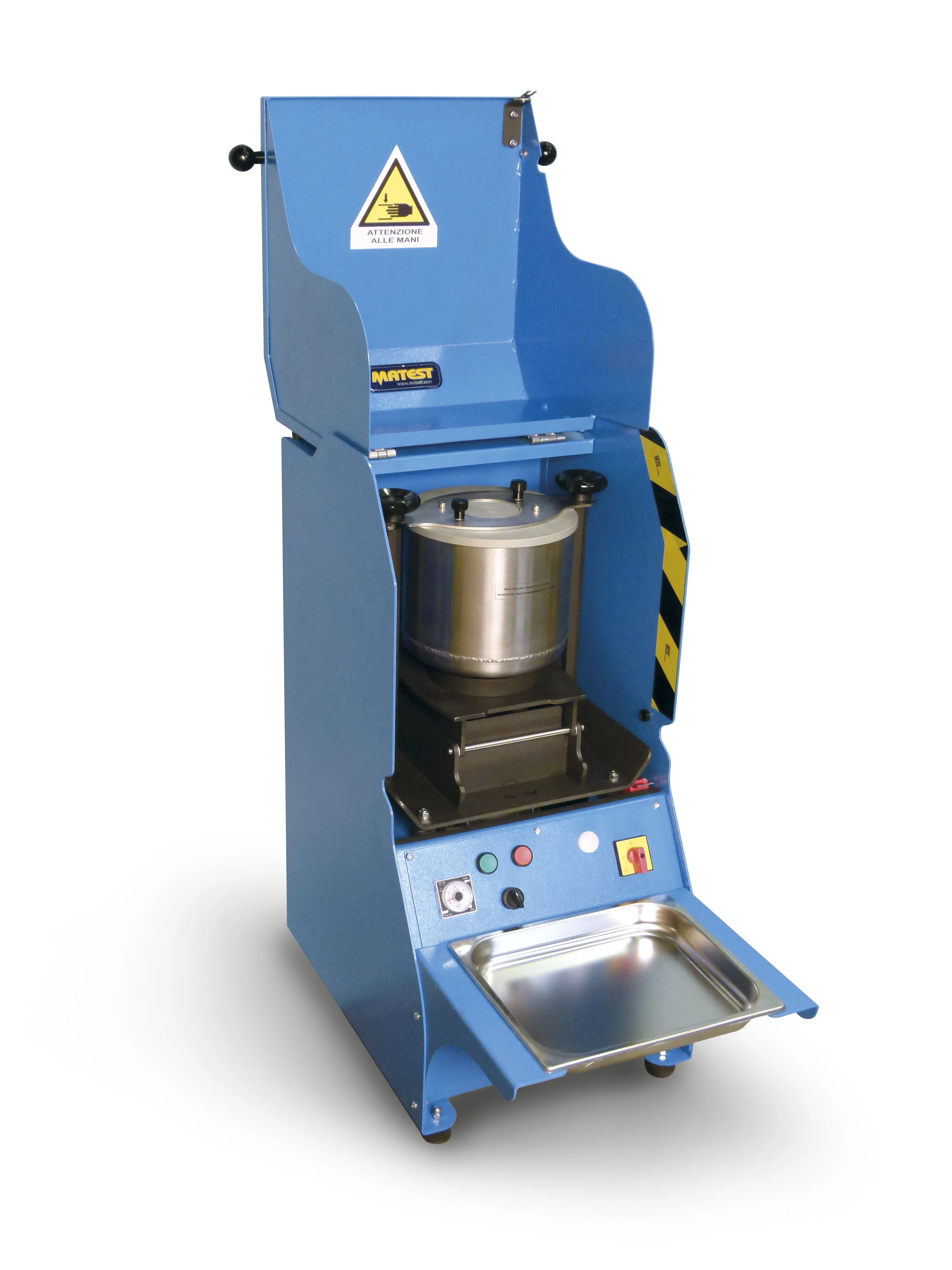The Algerian government is now talking directly to the Japanese government in an effort to resolve a dispute with sacked Japanese highways consortium Cojaal,
In 2006, Cojaal won a US$5 billion deal to build the 359km eastern section of Algeria’s proposed 900km East-West Highway within 40 months. Algeria divided the contract into three sections, with the Chinese company Citic-CRCC winning the central and western sections, which in total was to cost around $6 billion.
January 14, 2015
Read time: 3 mins
The Algerian government is now talking directly to the Japanese government in an effort to resolve a dispute with sacked Japanese highways consortium Cojaal,
In 2006, Cojaal won a US$5 billion deal to build the 359km eastern section of Algeria’s proposed 900km East-West Highway within 40 months. Algeria divided the contract into three sections, with the Chinese company Citic-CRCC winning the central and western sections, which in total was to cost around $6 billion.
The East-West Highway runs along the Mediterranean area of Algeria, with the eastern section running from the province of Bourdj Bou Arreridj to the Tunisian border. The road will drastically reduce the time of up to three days to drive across northern Algeria.
Cojaal - the Consortium Japonais Pour l'Autoroute Algérienne - is a joint venture comprising five of Japan’s largest companies: Japan’s two largest contractors2809 Kajima and 2808 Taisei, general contractors 2811 Hazama and Nishimatsu as well as the trading house 4081 Itochu.
According to %$Linker:2 External <?xml version="1.0" encoding="utf-16"?><dictionary /> 0 0 0 oLinkExternal information from Kajima Visit www.kajima.com Website false http://www.kajima.com/news_events/special_features/vol2/vol2-1.html false false %>, Cojaal was to build a six-lane motorway with three lanes on each side, 43 bridges on the main route and three tunnels. “It is one of the largest infrastructure projects ever to be undertaken by Japanese companies outside of Japan,” Kajima said at the time of the contract award.
Completion of the entire East-West Highway was originally scheduled for 2010 and most of it is completed, except for the eastern section, %$Linker:2 Internal <?xml version="1.0" encoding="utf-16"?><dictionary /> 2 17854 0 oLinkExternal as reported Visit WH Story Page false /categories/road-highway-structures/news/work-to-restart-on-key-algerian-highway-section/ false false %> by 3260 World Highways in June. But last October, Algeria’s Minister of Public Works Abdelkader Kadi terminated the contract with Cojaal to build the eastern section’s final 84km after a part of the Djebel el Ouahch tunnel in Constantine constructed by COJAAL collapsed in January last year.
Algerian Press Service reported that Kadi said the last stretch of the eastern section will be awarded to other companies, but he gave no details of which firms stood to gain the work.
Kadi also said he was confident that a satisfactory outcome for both parties will be agreed before June. However, he noted that he was also confident that Cojaal would recognise its responsibility for the delays to work over several years and the tunnel problems.
Kadi confirmed that a 13km bypass, costing nearly $57 million, is being built to resolve traffic problems due to the collapse of the tunnel and should be operational by June.
In 2006, Cojaal won a US$5 billion deal to build the 359km eastern section of Algeria’s proposed 900km East-West Highway within 40 months. Algeria divided the contract into three sections, with the Chinese company Citic-CRCC winning the central and western sections, which in total was to cost around $6 billion.
The East-West Highway runs along the Mediterranean area of Algeria, with the eastern section running from the province of Bourdj Bou Arreridj to the Tunisian border. The road will drastically reduce the time of up to three days to drive across northern Algeria.
Cojaal - the Consortium Japonais Pour l'Autoroute Algérienne - is a joint venture comprising five of Japan’s largest companies: Japan’s two largest contractors
According to %$Linker:
Completion of the entire East-West Highway was originally scheduled for 2010 and most of it is completed, except for the eastern section, %$Linker:
Algerian Press Service reported that Kadi said the last stretch of the eastern section will be awarded to other companies, but he gave no details of which firms stood to gain the work.
Kadi also said he was confident that a satisfactory outcome for both parties will be agreed before June. However, he noted that he was also confident that Cojaal would recognise its responsibility for the delays to work over several years and the tunnel problems.
Kadi confirmed that a 13km bypass, costing nearly $57 million, is being built to resolve traffic problems due to the collapse of the tunnel and should be operational by June.







